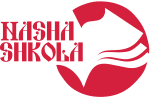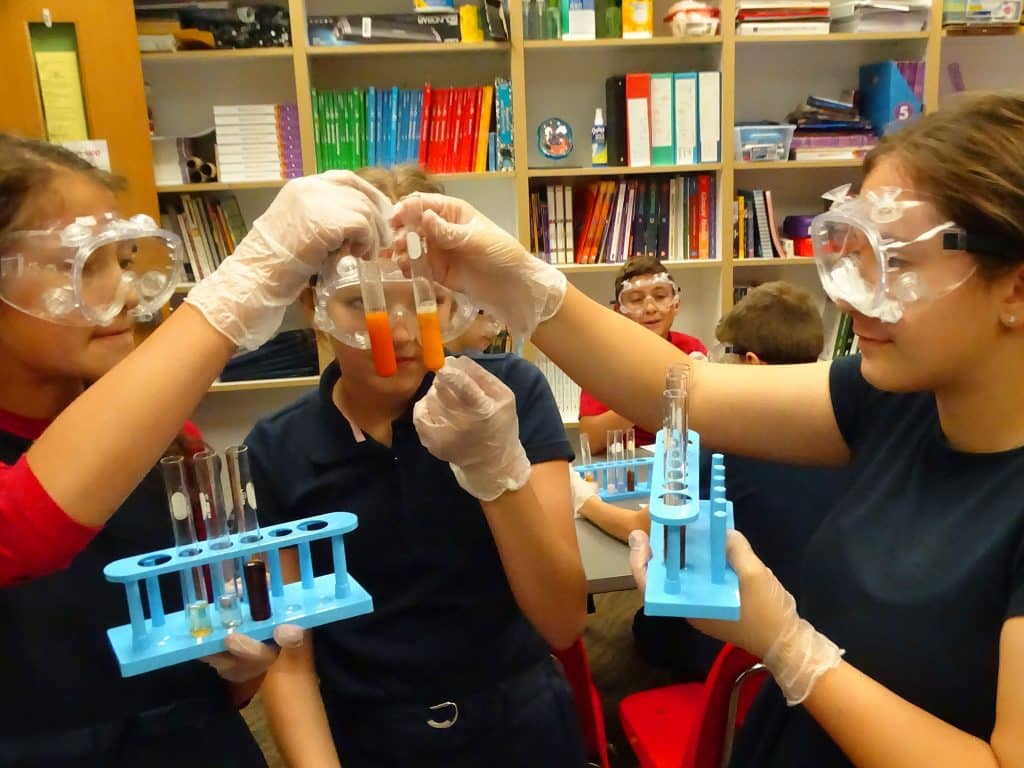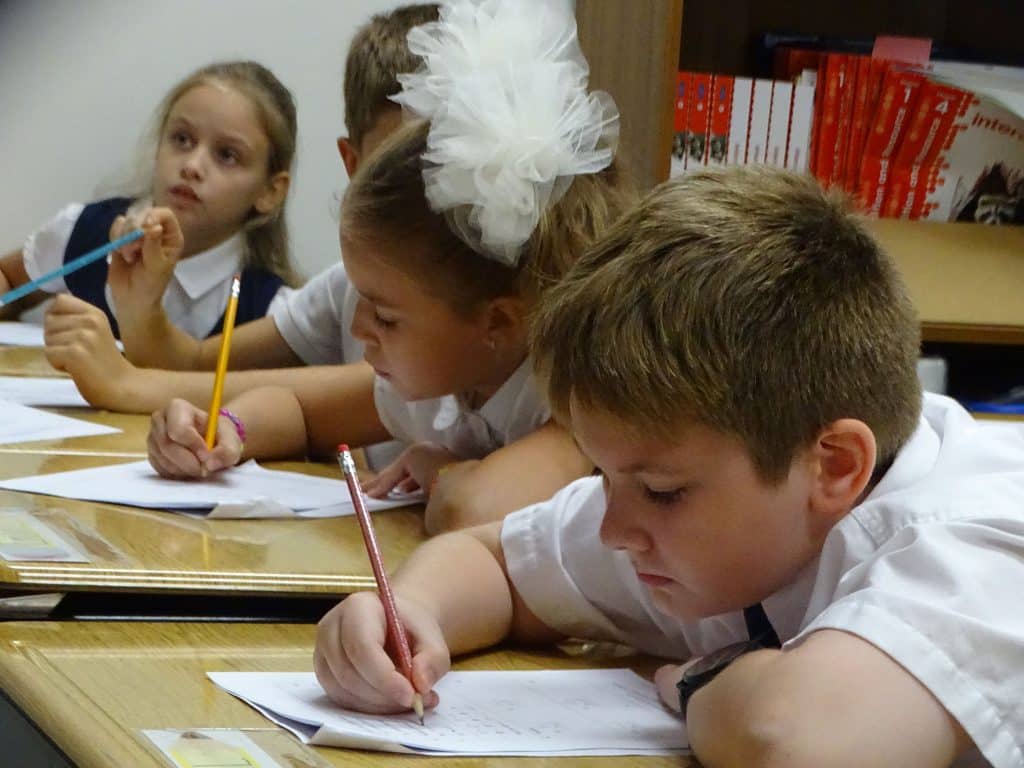The English language learners are provided language support based on their level of English language proficiency as measured by WIDA ACCESS and other assessments and academic support measures. The decision is based on a body of evidence to include data and teacher observations. NS teachers reach both ELLs and English-speaking students while providing the same high-quality, academically challenging content. The majority of the ELL students at the elementary level reach proficiency through mainstream English Language Arts classes, literacy support, and teacher-implemented classroom scaffolding strategies, such as
• use of cooperative learning activities with an appropriately designed heterogeneous grouping of students
• a focus on academic language as well as key content vocabulary
• use of hands-on activities using authentic materials, demonstrations, and modelling
• explicit teaching and implementation of learning strategies.
All ELL students are supported in the mainstream classroom with 90 minutes of daily instruction in reading & writing and 90 minutes of math instruction. Science and social studies are also taught daily.
Additional programming is provided to:
• All students in the area of literacy (reading comprehension and fluency, writing, vocabulary building) through Guided Reading Leveled Literacy Intervention that is conducted daily for 30mins in a small group format.
• Students with limited or no command of the English language (students with LEP levels of 1 or 2) receive an additional 30-minute block of literacy development daily. These services are provided in a small group pull-out format through the work with highly-skilled academic support staff.
• ELL students that are not making expected growth in their English language and academic development are offered targeted services and their progress is monitored through the Child Find process.
Other instructional strategies include
Native Language Concept Reinforcement: This is a support strategy within other instructional models delivered by bilingual teachers and paraprofessionals. Concept reinforcement focuses on tapping into and building background knowledge, increasing students’ conceptual reservoirs, and using higher-order thinking skills.
After-school tutoring and summer tutoring for ELLs and students that struggle academically. The program is provided on free of charge basis twice a week in a small-group or individual setting.
Russian Language Instruction: Nasha Shkola was founded on the premise that daily Russian language and culture instruction is vital to global citizenship. All students in grades K-8 receive 45 minutes of daily Russian instruction that prepares them to be proficient in a world language and preserves their cultural heritage.



